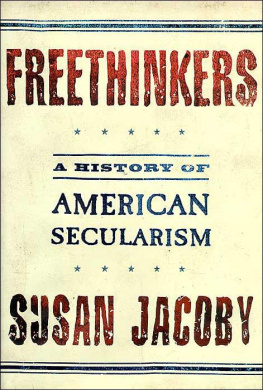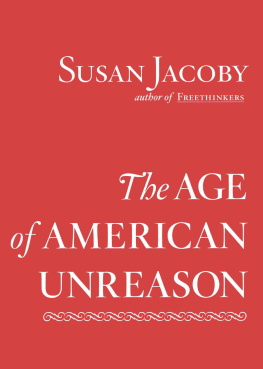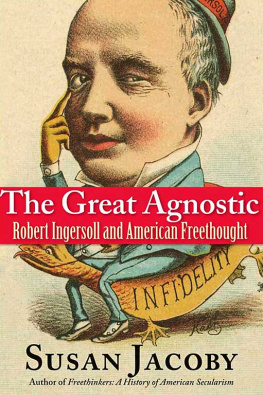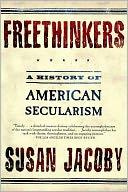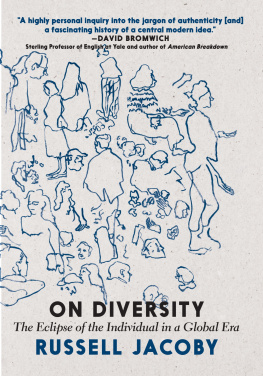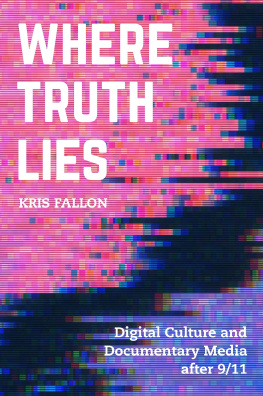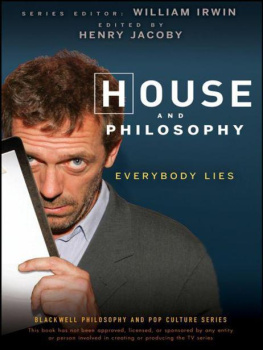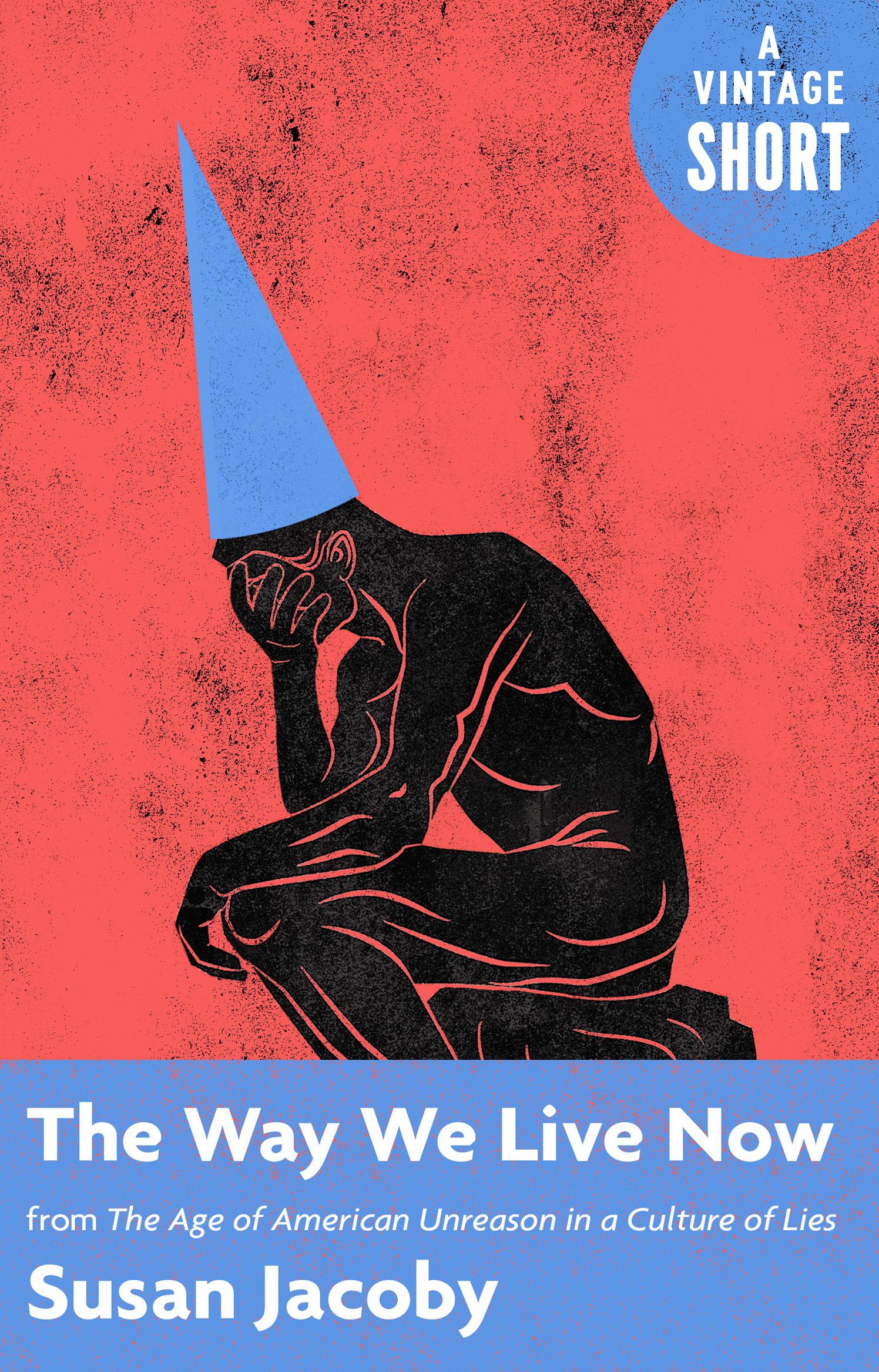The Way We Live Now
from The Age of American Unreason in a Culture of Lies
Susan Jacoby
A Vintage Short
Vintage Books
A Division of Penguin Random House LLC
New York
Copyright 2008, 2009, 2018 by Susan Jacoby
All rights reserved. Published in the United States by Vintage Books, a division of Penguin Random House LLC, New York, and in Canada by Random House of Canada, a division of Penguin Random House Canada Limited, Toronto. Originally published in hardcover in slightly different form as part of The Age of American Unreason in the United States by Pantheon Books, a division of Penguin Random House LLC, New York, in 2008.
Vintage and colophon are registered trademarks of Penguin Random House LLC.
The Cataloging-in-Publication Data for The Age of American Unreason in a Culture of Lies is available from the Library of Congress.
Ebook ISBN9780525566380
Cover design by Linda Huang
Cover illustration based on an illustration by Alexator/Shutterstock
www.vintagebooks.com
v5.3.2
a
Contents
T HE WORD IS EVERYWHERE , a plague spread by presidents of the United States, television anchors, radio talk show hosts, preachers in megachurches, self-help gurus, and anyone else attempting to demonstrate his or her identification with ordinary, presumably wholesome American values. Only a few decades ago, Americans were addressed as people or, in the most distant past, ladies and gentlemen. Now we are folks. Television commentators, apparently confusing themselves with the clergy, routinely declare that our prayers go out to these folkswhether the folks are victims of drought, flood, ordinary crime, or terrorist attacks. Irony is reserved for fiction. Philip Roth, in The Plot Against Americaa dark historical reimagining of a nation in which Charles Lindbergh defeats Franklin D. Roosevelt in the 1940 presidential electionconfers the title Just Folks on a Lindbergh program designed to de-Judaize young urban Jews by sending them off to spend their summers in wholesome rural and Christian settings.
While the word folks was once a colloquialism with no political meaning, there is no escaping the political meaning of the term when it is reverently invoked by public officials in twenty-first-century America. After the terrorist bombings in London on July 7, 2005, President Bush assured Americans, Ive been in contact with our homeland security folks and I instructed them to be in touch with local and state officials about the facts of what took place here in and in London and to be extra vigilant as our folks start heading to work. Bush went on to observe that the contrast couldnt be clearer, between the intentions of those of us who care deeply about human rights and human liberty, and those whove got such evil in their heart that they will take the lives of innocent folks. Those evil terrorists. Our innocent folks. Even homeland security officials, whoone lives in hopeare supposed to be highly trained experts, cannot escape the folkish designation. Presidential candidates constantly pepper their speeches with appeals to folks, but the awkwardness of the word coming out of their mouths often gives away an elite higher education, if not necessarily an upper-middle-class childhood. Every time Hillary Clinton, a Wellesley graduate brought up in a conservative Republican household in Chicago, uttered the word folks during the 2008 and 2016 campaigns, she sounded like a hovering parent trying to ingratiate herself with her childrens friends by using teenage slang. Barack Obama, raised in Indonesia and Hawaii, a graduate of Honolulus exclusive Punahou School and Harvard Law School, couldnt quite get his mouth around the cadence required to make folks sound authentically folksy when he began running for the presidency in 2008, but by the end of his first term, he had learned to pronounce the obligatory word without sounding patronizing or ridiculous. Obama, of course, is an outstanding oratorbut even outstanding orators (unlike nineteenth-century presidents) feel obliged to dumb their words down a bit for the American public. President Donald Trump, however, is proud of his limited tweetish vocabulary. I know words, he declared at a campaign appearance in Hilton Head, South Carolina. I have the best words. But there is no better word than stupid. Right?
Lets not be stupid about this type of speech. Casual language, in addition to reassuring people that their representatives are not snobs, also conveys an implicit denial of the seriousness of whatever issue is being debated. Talking about folks going off to war is the equivalent of describing rape victims as girls (unless the victims, are, in fact, little girls and not grown women). Look up any important presidential speech in the history of the United States before 1980, and you will not find one patronizing appeal to folks. Imagine: We here highly resolve that these folks shall not have died in vainand that government of the folks, by the folks, for the folks, shall not perish from the earth. By the middle of the twentieth century, even though there were no orators of Lincolns eloquence on the political scene, voters still expected their leaders to employ dignified, if not necessarily erudite, speech. Adlai Stevenson may have sounded too much like an intellectual to suit the taste of average Americans, but proper grammar and respectful forms of address were mandatory for anyone seeking high office. Furthermore, one need not go back as far as Lincoln to find examples of the highest level of American public rhetoric. Martin Luther Kings 1963 I Have a Dream speech, for example, did not use the word folks at all. Such a locution would have detracted from the seriousness of the subject and the occasion; King would no more have called the citizens assembled before the Lincoln Memorial folks than he would have called them guys and chicks.
For adult Americans in the fifties and early sixties, the gold standard of presidential oratory was still the memory of Roosevelt (although John F. Kennedys inaugural address was another high-water mark of inspirational rhetoric). Roosevelts accomplishment was that his patrician accent in no way detracted from his extraordinary ability to make a direct connection with ordinary people. It is impossible to read the transcripts of FDRs famous fireside chats and not mourn the passing of a civic culture that appealed to Americans to expand their knowledge and understanding instead of pandering to the lowest common denominator. Calling for sacrifice and altruism during perilous times, Roosevelt would no more have addressed his fellow citizens as folks than he would have uttered an obscenity over the radio. At the end of 1940, attempting to prepare his countrymen for the coming of war, the president spoke in characteristic terms to the public.


